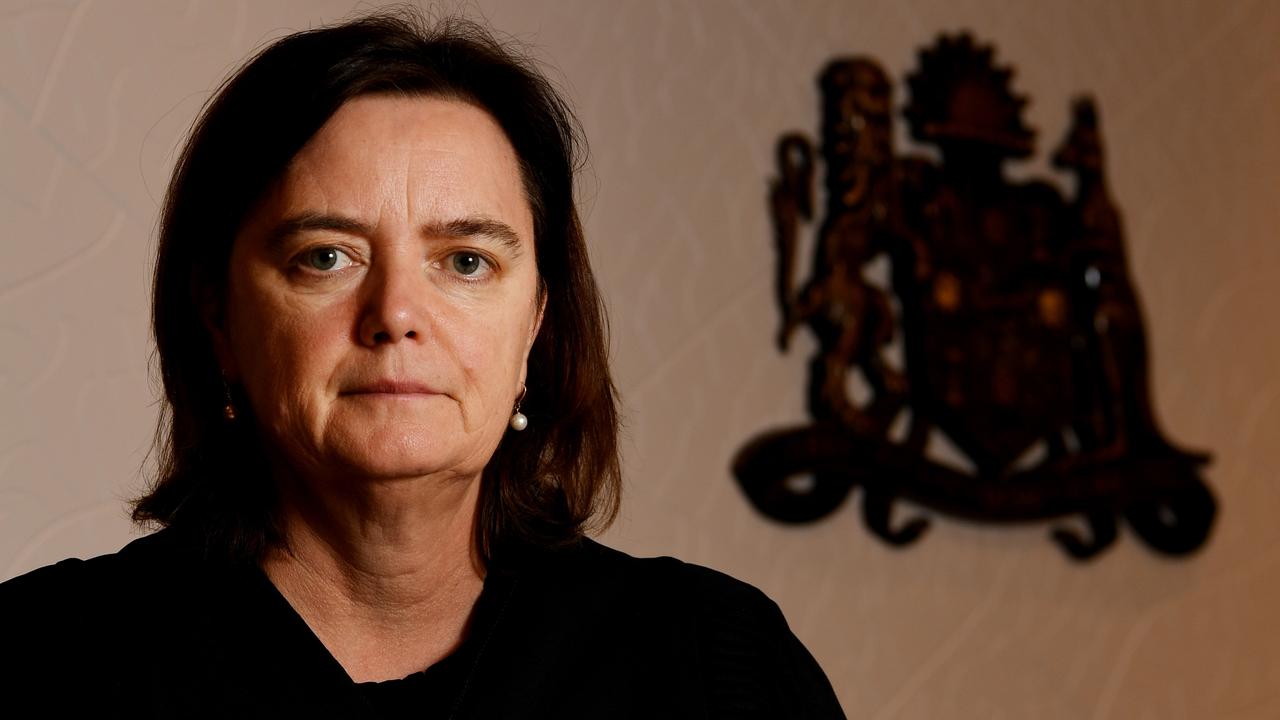‘Poison’: Elder’s gold mine claim revealed after project knocked back
An Aboriginal elder’s claims a river which “many Dreaming stories” are tied to would be poisoned by a mining development were submitted for consideration before the project was blocked.
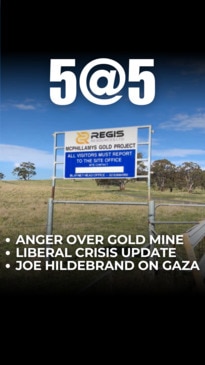
NSW
Don't miss out on the headlines from NSW. Followed categories will be added to My News.
A disputed claim that a proposed gold mine in central west NSW would “poison” the local river where many “dreaming stories follow its path” was submitted for consideration before the project was blocked by rarely-used Indigenous heritage laws.
A spokeswoman for Environment Minister Tanya Plibersek on Tuesday night said the document by Wiradjuri elder Nyree Reynolds was “not relied on” in the decision to veto a tailings dam, which effectively blocked the mine near Blayney.
In a submission to the NSW Independent Planning Commission, Ms Reynolds said the Bilabula River running through the site was a “very significant river system” that would “not sustain life if the headwaters are poisoned”.
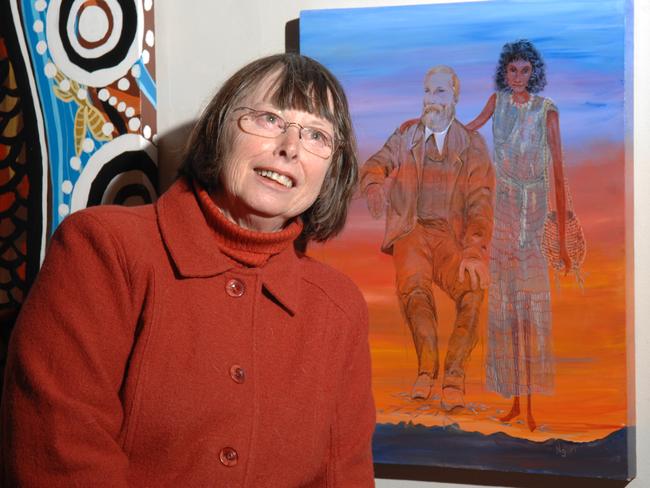
It is understood Ms Reynolds, who also identifies as part of the Gamilaraay language group, also made an application opposing the mine’s development under the Aboriginal and Torres Strait Islander Heritage Protection (ATSHIP) Act.
Earlier Ms Plibersek said her decision to block the project under the Act was informed by “a number of creation stories that describe the landscape there and the importance of the river”, cited by multiple traditional owners.
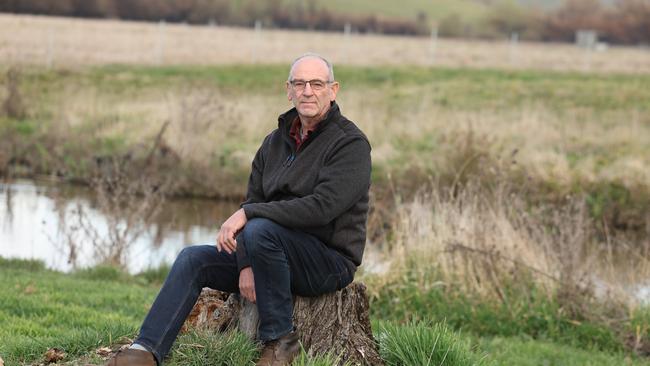
NSW Minerals Council CEO Stephen Galilee said the submission by Ms Reynolds and Ms Plibersek’s own comments “demonstrate the arguments being put are extremely abstract and inconsistent with the views of the Orange Local Aboriginal Land Council”.
“It would be reasonable to say the Ministers justification for her decision seems to be unwinding by the day,” he said.
It comes as furious Coalition Senators are driving a last-ditch effort to prevent the mine being blocked, with the local mayor also pressuring Premier Chris Minns to step up his opposition to the decision.
The Mayor of Blayney, the tiny town which would benefit from hundreds of jobs created by Regis Resources’ proposed McPhillamys project, will also ask for an explanation from Ms Plibersek at a meeting in Canberra.
It comes amid a blistering wave of criticism from the Coalition over Ms Plibersek’s use of obscure Indigenous heritage legislation to block a proposed tailings dam for the mine, which Regis Resources says will lead to the entire $1 billion project being dumped.
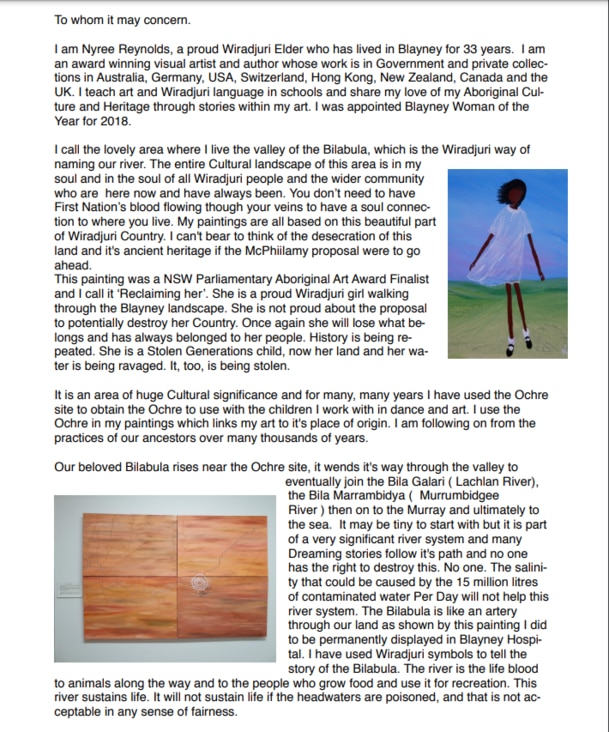
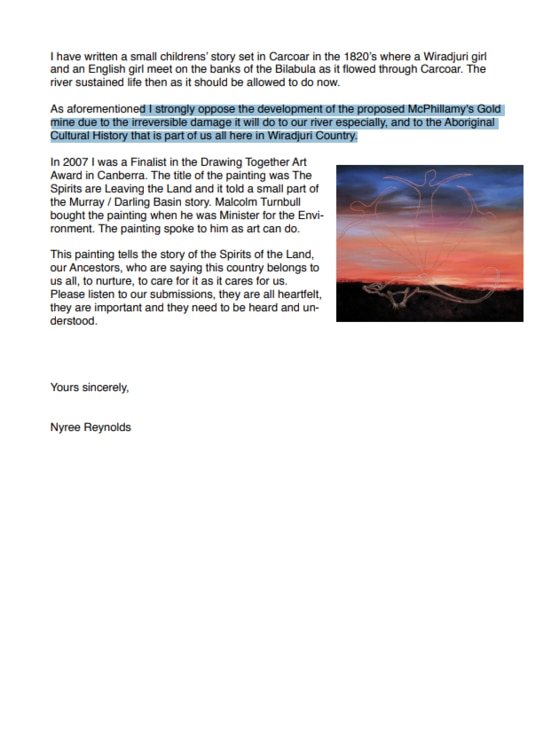
Opposition Indigenous Australians spokeswoman Jacinta Nampijinpa Price was among the politicians supporting a disallowance motion to junk the section 10 Indigenous heritage order slapped on the mine by Ms Plibersek.
“It’s utterly disgraceful that Minister Plibersek has determined to ensure that 870 jobs do not go ahead, that Indigenous Australians from the Orange area will miss out on economic development within their region,” Ms Price, the opposition spokeswoman for Indigenous affairs, said.
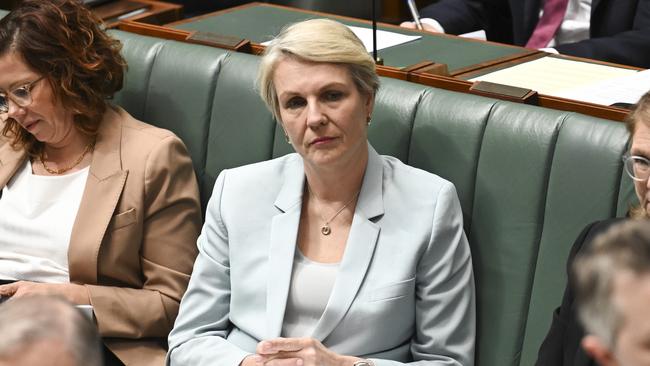
Coalition Senators Price, Jonno Duniam and Susan McDonald also slammed the Environmental Defenders Office (EDO) for their role in advocating opponents to the mine, with Mr Duniam reiterating the Coalition’s stance that it would strip millions of dollars in taxpayer funding from the office.
EDO CEO David Morris said in response the office “plays a fundamental role in providing access to justice to a vast range of clients … who would otherwise not be able to access legal services”.
Mr Duniam, Opposition environment spokesman, added “no project is safe under this government”.
“To have gone through four years of hard yakka getting every state and federal environmental approval lined up … to only at the eleventh hour … have that project knocked on their head is nothing short of absolute absolutely flabbergasting,” he said.
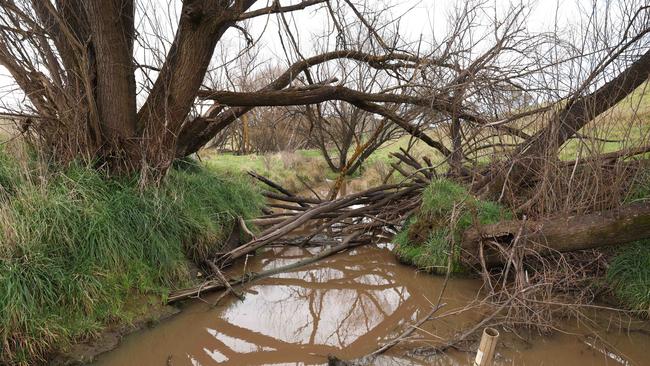
Despite the Orange Aboriginal Local Land Council – the recognised authority for Indigenous issues in the area – saying it was “neutral” to the project, Ms Plibersek backed a smaller local Indigenous group opposing the project.
Ms Plibersek previously said parts of the advice she received “must remain confidential due to their cultural sensitivity”.
She wouldn’t expand on Tuesday, but told media the smaller Indigenous group “made it very clear that every few years clan groups would travel to this Kings Plain area (where) they’d prepare the initiation of the next generation of the Wiradjuri boys”.
She also said she took feedback from both groups, but that she has been advised the smaller group “is the appropriate group to speak for Country in this area”.
Ms Plibersek also claimed her predecessor Sussan Ley had used section 10 legislation during her tenure, but the Coalition shot back at this – saying it was used to axe a proposed go kart track, not a $1b mine.
Meanwhile, Blayney Shire Mayor Scott Ferguson is taking the fight to Canberra with the local leader to raise the issue at a roundtable on the future of mining on Wednesday, after claiming he’d been ignored.
“We couldn’t get in to see the Minister, nothing. No one would talk to us,” Cr Ferguson said.
“Seeing the community so disrupted is the hardest part, and there’s nothing we can do about it.
Despite the NSW Government being unable to overrule the section 10, Mr Ferguson urged Premier Minns to push his federal counterparts harder to review the process.
He said the entire approvals process is “too long, too bureaucratic, and it’s disingenuous”, especially after the Independent Planning Commission had already held three days of meetings in the “packed” local community hall several years ago.
“It’s obviously not delivering for the community, let alone investors,” he said.
More Coverage
Originally published as ‘Poison’: Elder’s gold mine claim revealed after project knocked back




